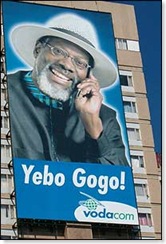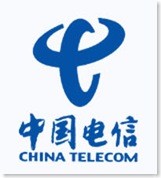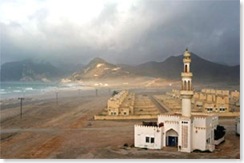Vodacom, South Africa’s largest mobile telecoms operator has acquired the carrier services and business networking subsidiaries of Gateway Telecommunications for US$675 million. The acquisition is aimed at extending Vodacom’s African footprint and broadening its business interests.
 Vodacom’s acquisition of Gateway’s subsidiaries extends the operators presence to 17 countries and diversifies its business activities from being solely mobile-centric.
Vodacom’s acquisition of Gateway’s subsidiaries extends the operators presence to 17 countries and diversifies its business activities from being solely mobile-centric.
Gateway is the continent’s largest independent provider of interconnection services via satellite and terrestrial network infrastructure on the African continent for both African and international telecoms companies.
Gateway also provides end-to-end connectivity solutions to multinational corporations operating across the region.
The move is the first step taken by incoming Vodacom CEO Pieter Uys and may be a sign of things to come as he pushes the South African operator’s presence deeper into Africa.
While Vodacom is the market leader for mobile operations on its home soil, Uys’ predecessor Alan Knott-Craig was criticised for his failure to expand the provider regionally when the time was right.
“The acquisition of Gateway reflects Vodacom’s strategy to reposition itself as a leading pan-African provider of communications services and to diversify from its current status as primarily a mobile-centric network operator,” Uys stated.
“We believe that Gateway’s significant presence across Africa will allow Vodacom to tap into the huge potential for growth in business services and connectivity and will enhance our position with multinational corporations,” he added.
Gateway has a presence in 17 countries throughout Africa and Europe, including the key market of Nigeria. It made US$257 million in sales in 2007.
Other strategic benefits cited by Vodacom include accessing Gateway’s blue chip customer base enabling the marketing of converged fixed and mobile offerings and the substantial growth potential in the nascent sub-Saharan business services market.
The transaction also involves a payment of US$25 million in relation to Gateway’s high-yield bond, and remains subject to the approval from the South African Reserve Bank and relevant regulatory and competition authorities.







